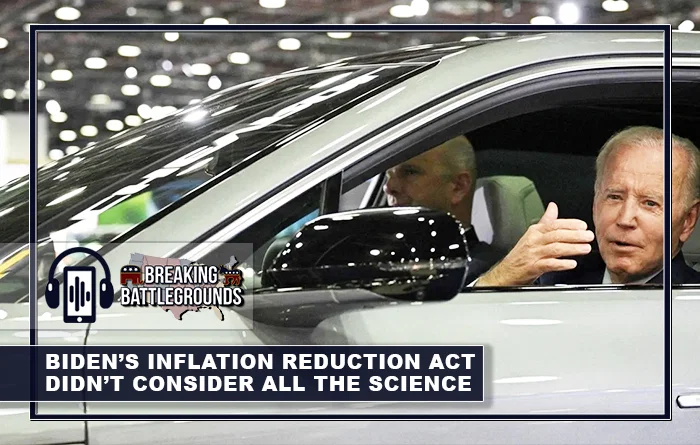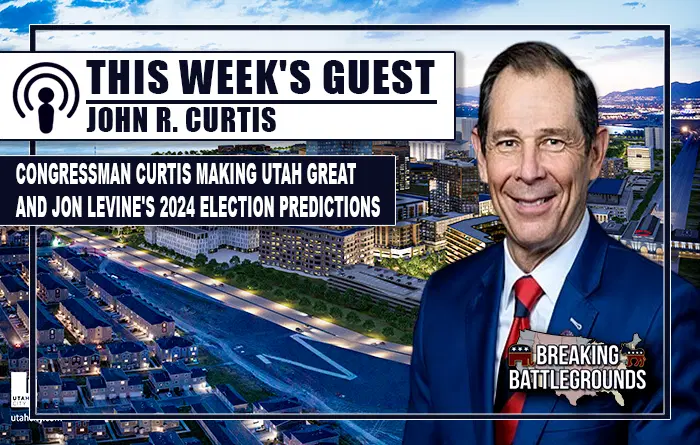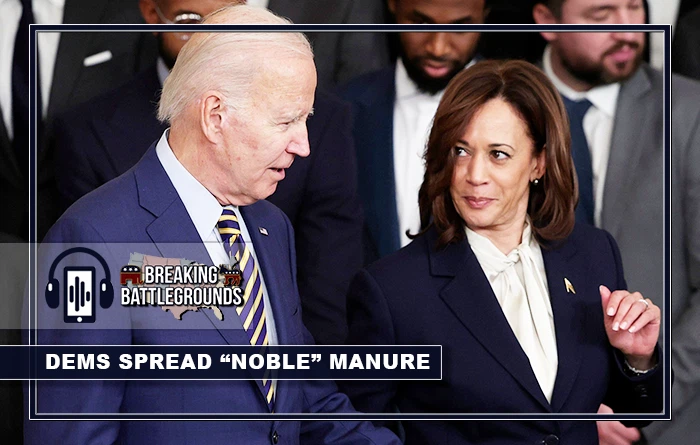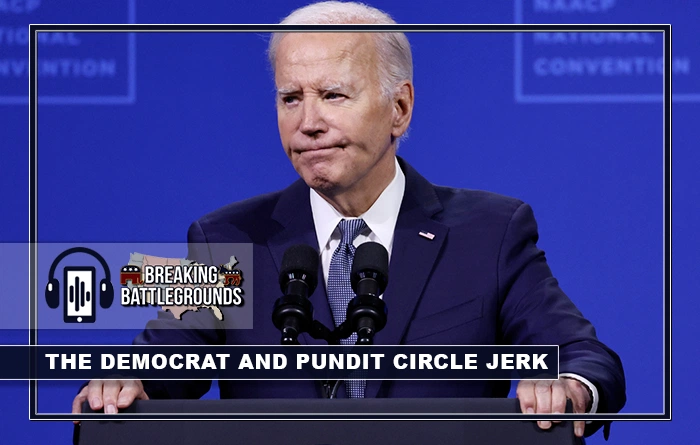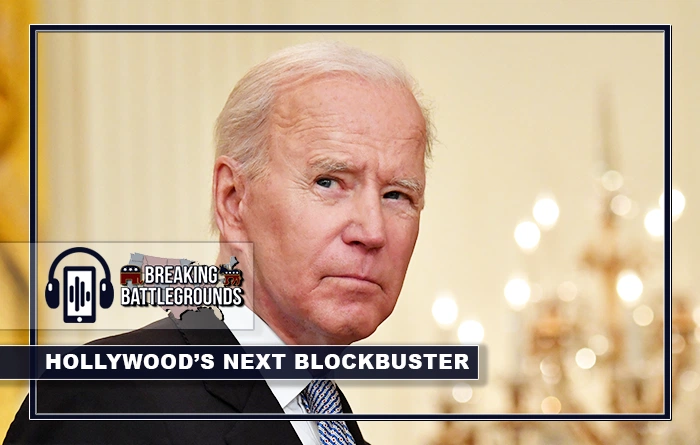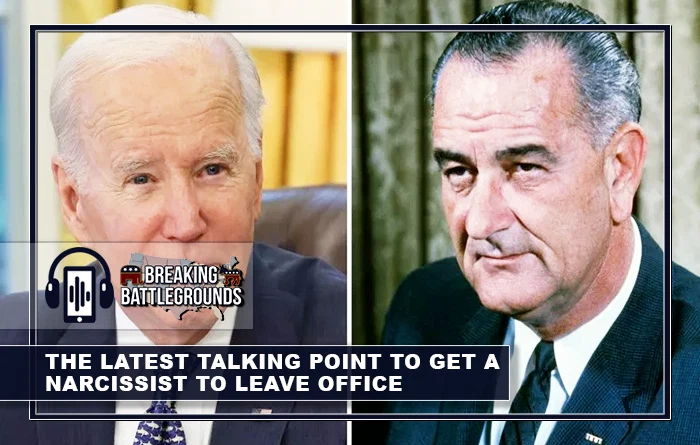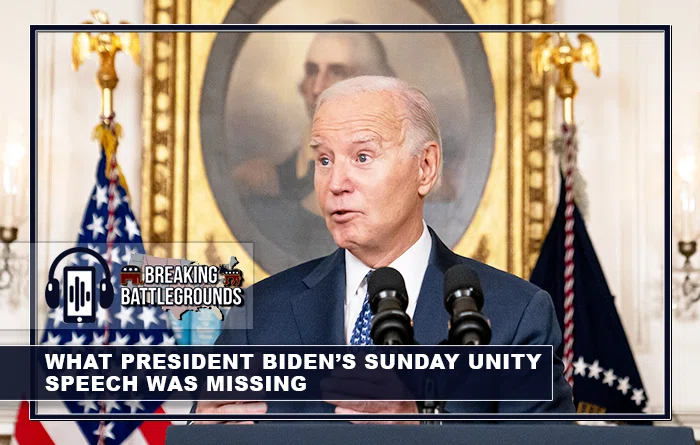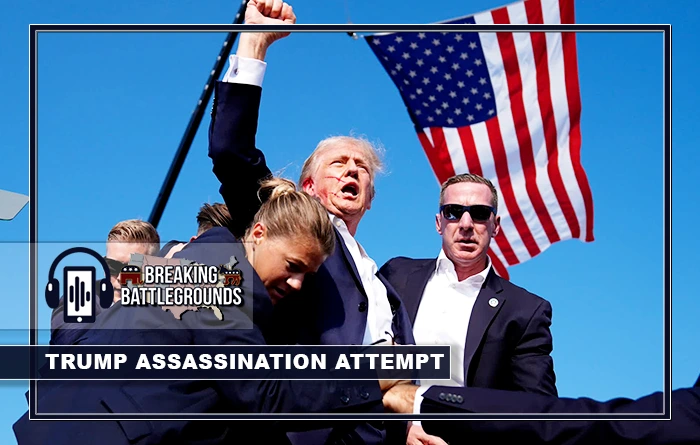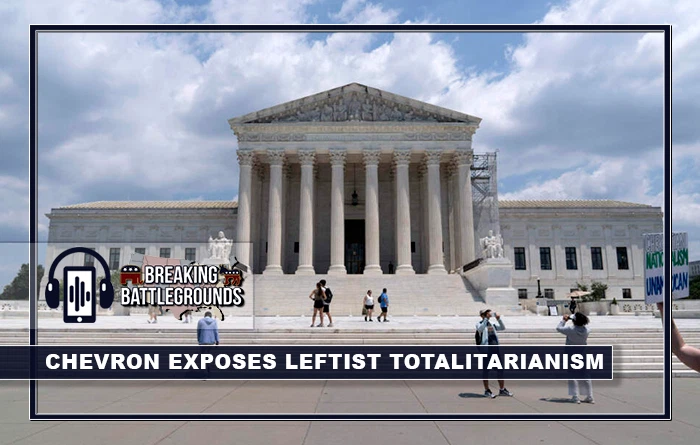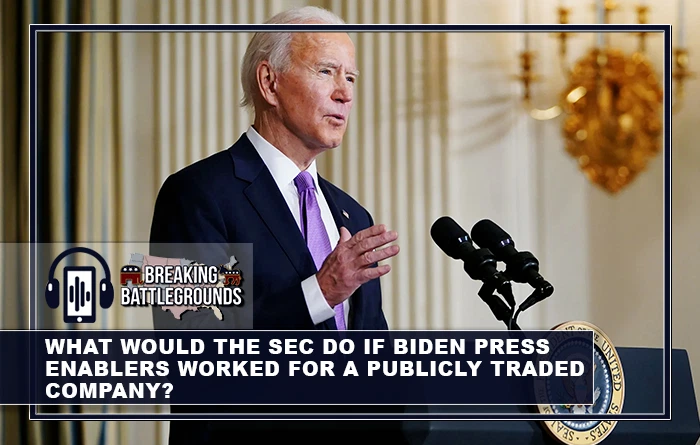One of President Joe Biden’s proudest legislative “achievements” is the Inflation Reduction Act, which has nothing to do with inflation reduction. It is mostly a huge climate change subsidy program to phase out fossil fuels, with a price tag between $780 billion to $1.2 trillion between 2023 and 2031. One key part of this bill is subsidizing electric vehicles, but this might disproportionately and negatively affect South westerners who live in hot weather, especially Arizonans.
Electric cars run on batteries, and weather affects batteries, unlike the good, old combustion engines. Here are some issues with batteries in hot weather:
Shorter range;
Take longer to recharge;
Need to be recharged more often;
Must be replaced sooner.
Simply put, electric cars in Arizona summer will use more energy, need to be charged more often, take longer to be recharged, and will have to be replaced more often.
Based on the model, a Tesla can drive between 270 and 400 miles. That means from Phoenix to southern California. In a 100-degree temperature, this range drops by about a third. This reduces the range of a Tesla to 180 to 270 miles, so, some Tesla owners might not even make it to the California border. Worse, Arizonans are accustomed to 110+ degree weather during the summer, which will decrease the range of a Tesla even more.
This might not be outrageous on the first look. You run out of gas, so, you refill the tank all the time. But it’s not that easy if your car drives on a battery.
Finding a charging station is more difficult. There are about 150,000 gas stations in the United States, but there are only 50,000 supercharging stations. Even worse, there are only a few in Mexico, none near Arizona. So, forget about a trip to the beach down south. If you’re traveling domestically, you still need to add to the hassle by planning your trip around a supercharging station.
Charging itself is not the same as filling the tank, either. It takes five minutes to put gas in your car. It takes half an hour to supercharge a battery. That can go up to 45 minutes or even an hour if the supercharger overheats in 100+ degree weather. And if you’re traveling somewhere without a supercharger on the way, you’ll have to use a normal outlet, which will take between 8 and 12 hours in optimal weather and even longer if it’s too hot outside.
And lastly, your battery will not last as long in Arizona as elsewhere. Depending on the model, a Tesla battery needs to be replaced every ten to twenty years, and for most models, it costs between $13,000 and $20,000 to replace them. But if you recharge your battery in hot weather, it will degrade faster. A workaround is to recharge them at night when it is cooler, but that is not always an option, and it is also not an option for everyone.
But worse, there is something un-American about government policies that micromanage people’s lives so much that they must plan their daily routines around when they can drive their car and when they should park it to fill the tank—I mean recharge the battery.
Electric cars are good, but taxing Americans to subsidize electric cars to force Americans to buy them is silly, especially when they do not fit every lifestyle and every climate. For those of us living in hot climates, electric vehicles might not be the best course of action, but we are paying for their subsidies with our taxes so people elsewhere can drive them.
Arizona and Nevada are battleground states this year, and Biden is going to spend a lot of time down there. They are also states ill-suited to own a Tesla or any other electric vehicle. So, some honest journalist should ask the president, “Sir, why am I paying in subsidies for a car that I better not own? Why should any Arizonan or Nevadan pay for your program so people in the northern states enjoy them?” You can also ask the same question of Ruben Gallego and Jacky Rosen, the Democrats running for U.S. Senate in these two states who voted for Biden’s Inflation Reduction Act.
Note: the opinions expressed herein are those of Chuck Warren only and not his co-host Sam Stone or Breaking Battlegrounds’ staff.

